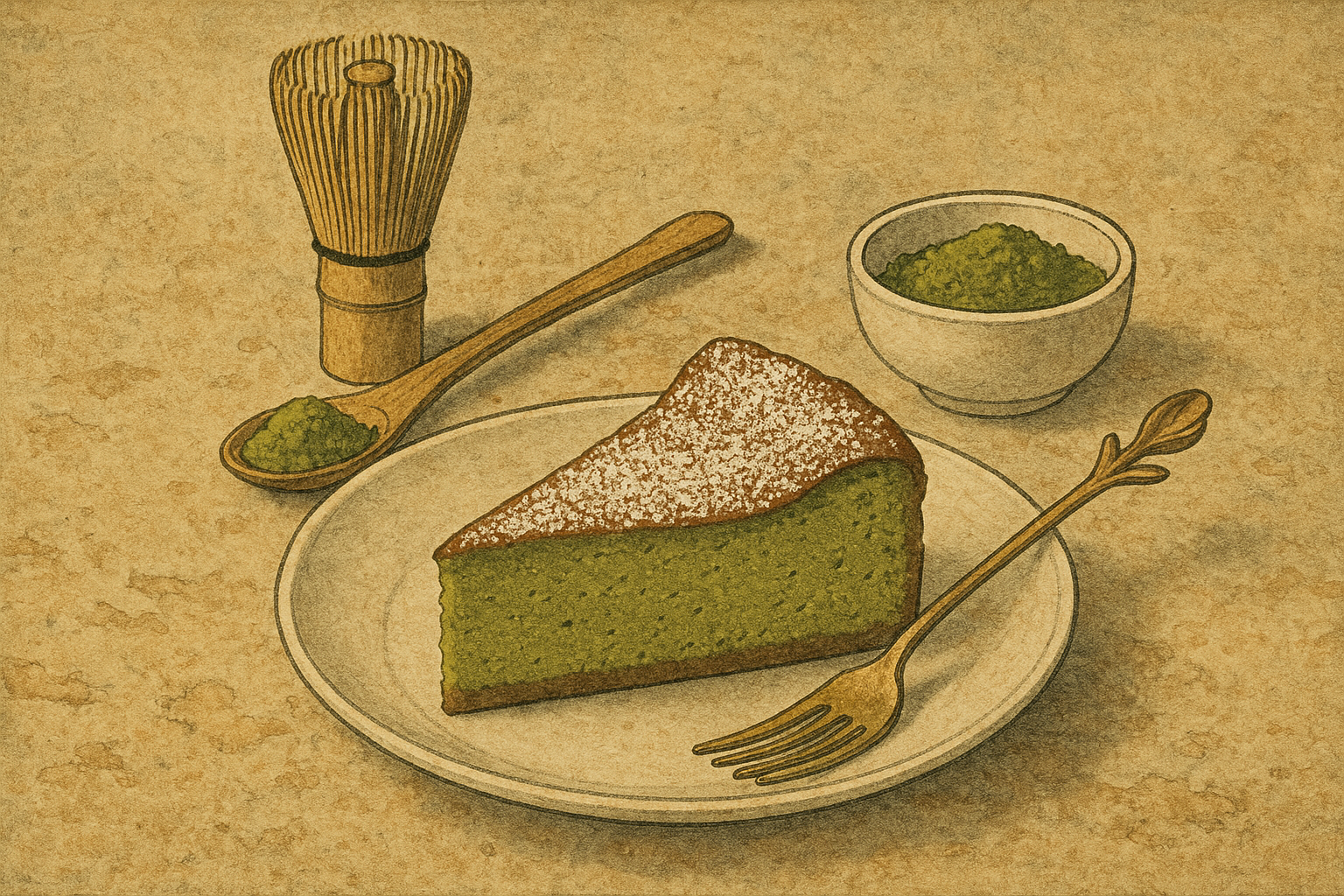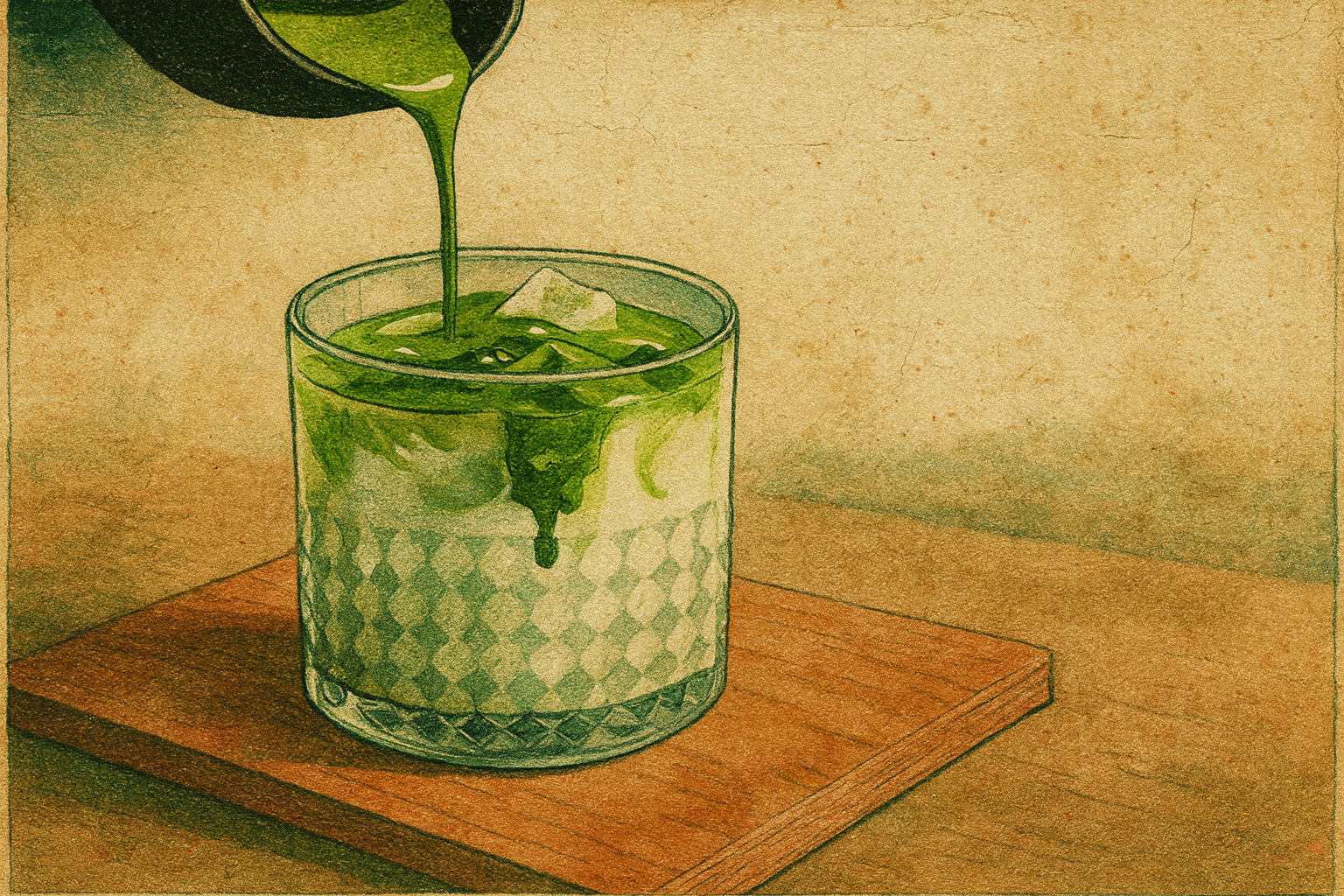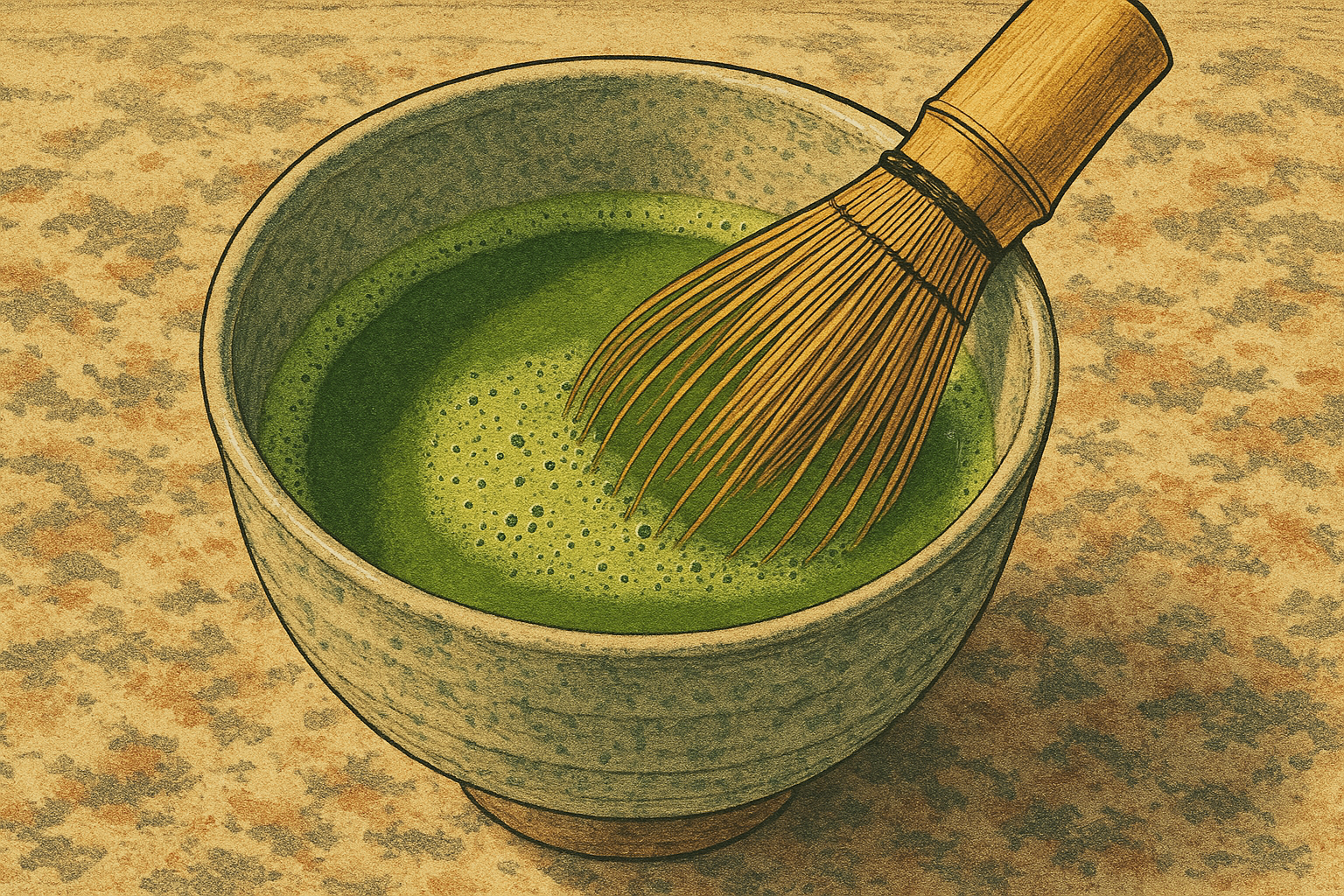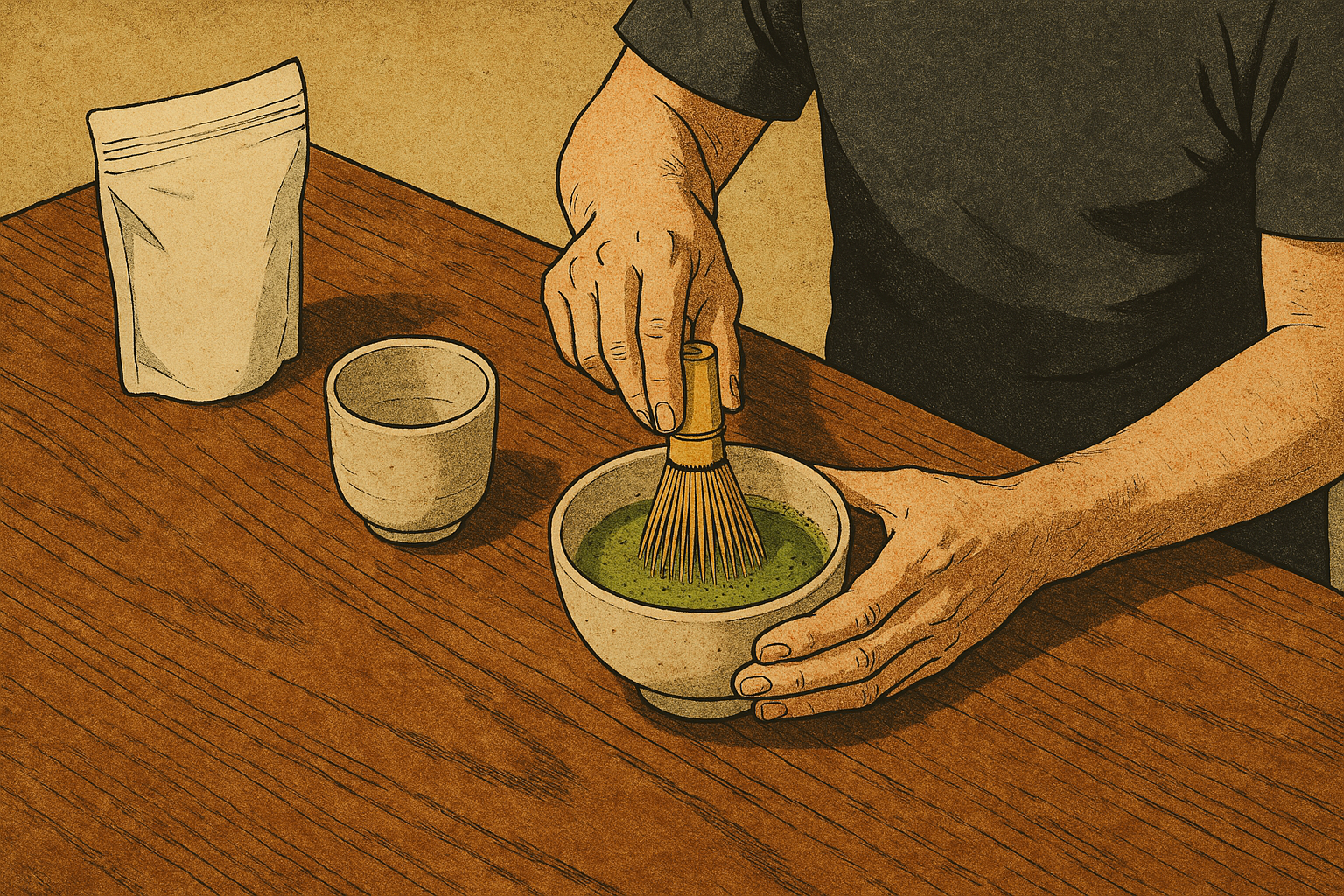Matcha has evolved from a centuries-old Japanese tradition into a defining ritual for Gen Z. Unlike coffee, Matcha has become a lifestyle choice that blends health with personal identity. Exploring high-quality options, such as Matsu no Midori ceremonial matcha, helps illustrate why this tea continues to resonate so strongly with younger generations.
This blog explores how matcha has established its presence in Gen Z culture, its ongoing relevance and where this growing trend is headed.
Matcha 101 (Without the Boring Lecture)
Matcha is made by stone-grinding shade-grown green tea leaves into a fine powder which allows you to consume the entire leaf rather than just an infusion. This unique preparation delivers higher levels of antioxidants, a concentrated dose of L-theanine and a smoother release of energy compared to other caffeinated drinks like coffee.
- Coffee: A 100-gram serving of coffee contains 40 mg of caffeine which provides a fast energy boost.
- Matcha: Matcha contains about 30mg of caffeine per 100g which delivers a steady focus combined with a calming effect.
Health Meets Ritual
The way matcha is prepared is just as meaningful as the drink itself. Whisking the powder into a smooth froth demands attention and presence which transforms a simple task into a moment of mindfulness. For Gen Z, this ritual offers a rare break, one that delivers calm alongside the health benefits.
Why Gen Z Really Loves Matcha
Gen Z wants more than caffeine. They choose matcha because it:
- Supports wellness goals (gut health, stress reduction).
- Aligns with eco-conscious values.
- Looks great on TikTok and Instagram.
According to Coffee Intelligence, Gen Z is driving demand for “health-forward, photogenic drinks,” with matcha becoming a standout item in cafes and supermarkets.
Matcha as a Lifestyle
Ritual in Everyday Life
Matcha has become an integral part of many people's everyday routine. Instead of hurrying to get coffee, Generation Z generally values the lengthy ritual of whisking and sipping.
Checklist of matcha in Gen Z routines:
- Morning focus
- Study sessions
- Post-workout recovery
- Evening reset
Gourmet and Creative Expression
Gen Z especially values matcha's adaptability as it can be used to make both sweet and savory dishes such as tiramisu or cocktails. One chef told Bon Appétit, "Matcha is a canvas. It adapts to food, drinks and even skincare. Few ingredients have the same cultural significance.
For foodies, matcha's versatility makes it part of a larger lifestyle that is rooted in tradition but accessible to creative reinterpretation.
What’s Next for Gen Z + Matcha
The matcha ritual continues to grow with Gen Z leading the demand for new products and experiences. At-home kits with whisks, bowls and ceremonial-grade powders have become widely available which makes preparation more accessible and options like the Essentials Kit with Matsu no Midori highlight how easy it has become to bring the tradition into everyday routines.
Cafés are also innovating, offering sparkling matcha tonics, seasonal desserts and wellness-focused blends that move beyond the classic latte. Sustainable sourcing remains a key driver, as transparency in farming practices appeals to eco-conscious buyers.
This momentum shows how matcha is expanding beyond cafés into grocery aisles, beauty products and daily rituals, reflecting Gen Z’s strong influence on lifestyle and purchasing trends.
A Ritual That Sticks
Gen Z loves matcha because it represents more than just a drink but it’s a lifestyle ritual that blends wellness, identity and creativity. From mindful preparation at home to sharing moments online, matcha offers both meaning and versatility.
For health-conscious consumers, it provides balance and sustained focus and for food enthusiasts, it serves as a creative ingredient while for lifestyle seekers, it offers calmness.
As explored in resources like Chalab’s matcha collection, the drink has become a symbol of mindfulness and authenticity which is a source of health benefits and a way to connect culture and digital trends.



